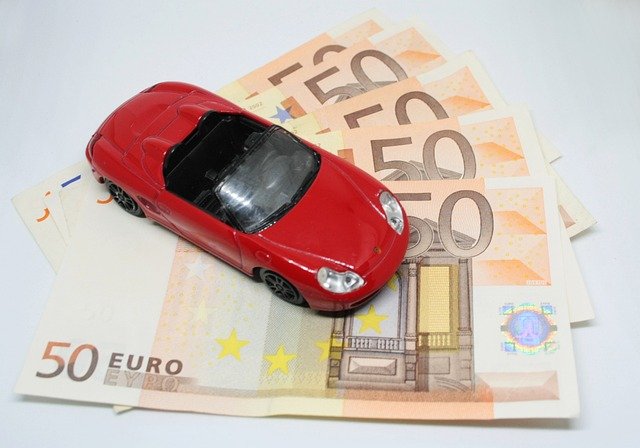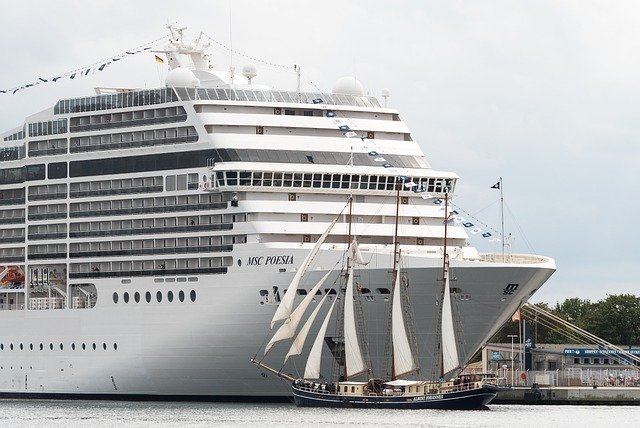Understanding Police Impound Car Sales
Police impound car sales may offer access to vehicles that have been seized or abandoned. These auctions are typically open to the public and may vary by city or state. Learn how they work, where to find listings, and what to keep in mind before exploring these opportunities.

What Are Police Impound Auctions and How Do They Work?
Police impound auctions are public sales where vehicles that have been confiscated, abandoned, or seized are sold to the highest bidder. These auctions may be conducted in person or online, depending on the jurisdiction. The process typically involves registration as a bidder, vehicle inspection periods, and competitive bidding. Successful buyers must usually pay in full within 24-48 hours and arrange for vehicle removal within a specified timeframe.
How to Find Available Impounded Vehicles in Your Area
To locate impounded vehicles available for purchase:
-
Check your local police department’s website for auction announcements
-
Contact your city or county government offices
-
Visit online government auction websites
-
Subscribe to auction house newsletters that handle police impound sales
-
Review local newspaper classified sections or legal notices
-
Search government surplus websites
Common Types of Vehicles at Impound Sales
Impound auctions feature a diverse range of vehicles including:
-
Passenger cars from economy to luxury models
-
SUVs and crossovers
-
Light-duty trucks and vans
-
Motorcycles
-
Commercial vehicles
-
Recreational vehicles
-
Classic or collectible cars
Where to Access Official Auction Listings and Schedules
Finding legitimate impound car sales requires checking authorized sources:
-
Official government websites (local, state, and federal)
-
Licensed auction houses contracted by law enforcement
-
Public surplus websites
-
Government asset disposal platforms
-
Local law enforcement social media channels
Important Considerations and Cost Information
Police impound vehicles can range significantly in price, condition, and availability. Here’s a general pricing overview:
| Vehicle Category | Typical Price Range | Additional Costs |
|---|---|---|
| Economy Cars | $500 - $3,000 | $150-300 auction fees |
| Mid-Size Vehicles | $1,000 - $5,000 | $200-400 auction fees |
| Luxury Vehicles | $2,000 - $15,000 | $300-600 auction fees |
| Commercial Vehicles | $1,500 - $10,000 | $250-500 auction fees |
Prices, rates, or cost estimates mentioned in this article are based on the latest available information but may change over time. Independent research is advised before making financial decisions.
Tips for Successful Impound Car Purchasing
Before participating in an impound car auction:
-
Research the vehicle’s history if possible
-
Inspect the vehicle thoroughly during designated preview periods
-
Understand all fees and charges associated with the purchase
-
Verify payment methods accepted by the auction
-
Ensure you have means to transport the vehicle
-
Review all terms and conditions of the sale
-
Consider mechanical inspection costs and potential repairs
Remember that impound vehicles are typically sold “as-is” with no warranties or guarantees. While these sales can offer significant savings compared to traditional car buying methods, they also come with increased risks and responsibility for the buyer to perform due diligence before making a purchase.




